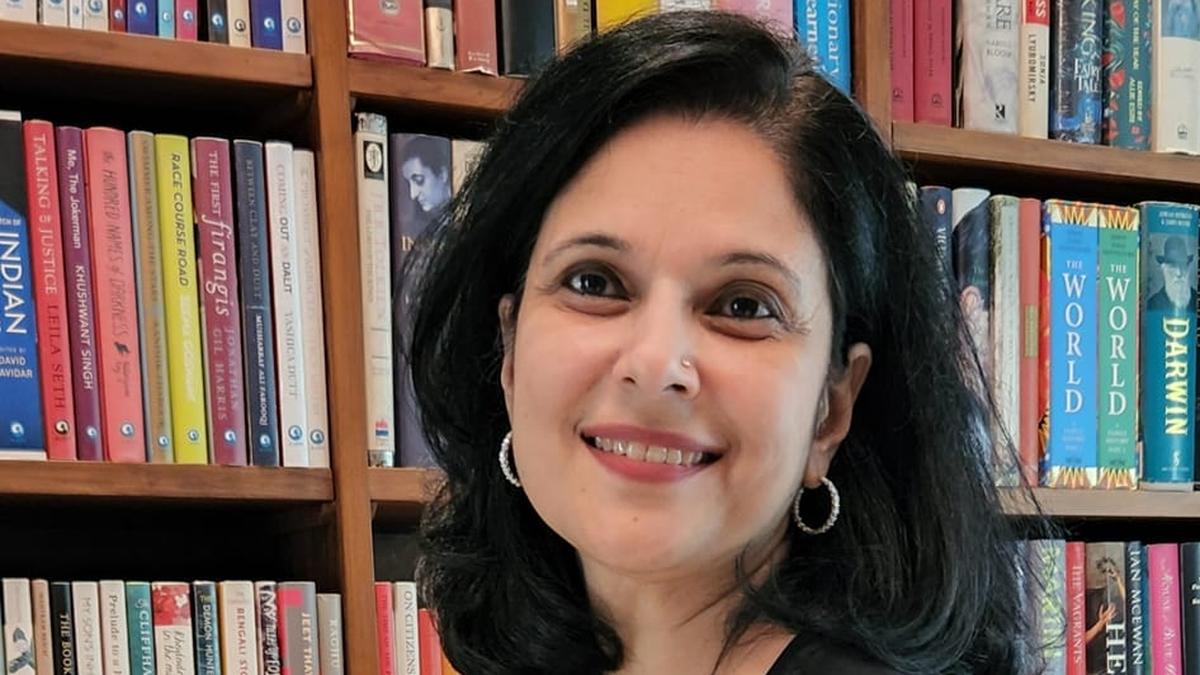
Building a festival by the book
The Hindu
Rachna Singh Davidar takes on the role of festival director for The Hindu Lit for Life 2025. She elaborates on the evolution of the festival, her dream lit fest personality and what the audience can expect this time around
At The Hindu Lit for Life, it has been over a decade of orchestrating scintillating conversations between authors and readers who devour books. In its latest edition, set to take place on January 18 and 19, we go behind the scene with Rachna Singh Davidar, the festival director, to understand what it takes to build a literature festival.
I’d like to begin by asking you about your tryst with The Hindu Lit for Life. What was your first experience like?
I came to the festival in 2012 and became its programme director in 2013. This is my first year as festival director. I’d spent many years running event-based bookstores, and organising a literature festival seemed a natural extension of that. The canvas is so much larger and it is thrilling to have many of your favourite writers at the festival grounds at the same time. My first experience at the festival was exhilarating. To see a programme that you’ve worked on for months, playing out onstage is truly satisfying. The first festival in some ways was the most magical, but in other ways seeing the festival develop over the years is just as satisfying.
How has the festival evolved according to you? What do you see happening differently in the 2025 edition?
The festival has grown and evolved organically. In the recent past we have branched out from being solely about books and literature to other cultural areas and that has been very rewarding. We’re primarily about books and writers, of course, but now those who come to the festival can expect to see and hear from artists, musicians, dancers, actors, and comedians. I think showcasing culture in this expansive manner is a way to keep the festival fresh and interesting and give attendees a truly immersive cultural experience. I’ve had a lot of fun with this kind of programming and audiences have embraced it so we will try and keep this going. Another thing worth mentioning is that unless absolutely required we have tried to limit large panel discussions as within the time available these tend to become a bit superficial or unfocussed. On the other hand one-on-one conversations with eminent writers or cultural personalities tend to be much more deep and stimulating for the audience — especially if the interlocutors are skilful. We have found that workshops on all manner of subjects have been received very well so we are ramping up those as well.
What has been the response to the Dialogue initiative in cities like Hyderabad and Bengaluru? Is the festival now intent on representing a South Indian identity?
I am thrilled that we’ve expanded to Hyderabad and Bengaluru and perhaps we will be able to do a larger festival in both cities next year. We had a terrific turnout and deeply engaged audiences. In both cities it was particularly encouraging to see that there were many student attendees. Clearly, we have something solid to build on.





















 Run 3 Space | Play Space Running Game
Run 3 Space | Play Space Running Game Traffic Jam 3D | Online Racing Game
Traffic Jam 3D | Online Racing Game Duck Hunt | Play Old Classic Game
Duck Hunt | Play Old Classic Game











